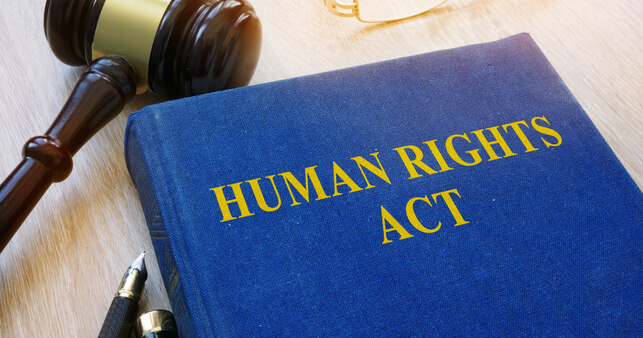
Wages Protection Act 1983
The Wages Protection Act 1983 sets out the way wages must be paid, and prevents unlawful deductions from wages. All wages owed to an employee in New Zealand must be payable in money (NZ banknotes and coins). According to the Act, the following are acceptable methods of payment:
direct transfer through lodgement with a bank or financial institution
postal order or money order
cheque
For workers employed by the Crown or local authorities, payments can be made through specified cheques. If an employee’s payment details change or they withdraw consent, an employer must comply with these changes within two weeks of receiving notice or as soon as is practical.
Types of deductions
Some deductions may be made under direction of the court or required by law, such as child support, student loan payments and PAYE tax.
Other deductions that employers can lawfully make are:
union-related deductions
board and lodging
deductions to a lending company
KiwiSaver
Unlawful deductions
An unlawful deduction is any deduction made from an employee’s pay without their written consent. If an employer wishes to make a specific deduction, even if it is under a general deduction clause in their employment agreement, they must still get written permission from the employee.
If an employee’s wage is unlawfully deducted, they can notify the Employment Relations Authority to take action and reclaim the owed money. Under the Wages Protection Act, there is a six year window of opportunity to reclaim these unpaid wages.
Overpayments
Under some circumstances, an employer may be able to recover an accidental overpayment. But only if it was unreasonable or impractical for the employer to avoid the overpayment in the first place. For example, if the overpayment was due to an employee being absent from work without authorisation, being on a lawful strike, being locked out, or being suspended.
Before making any deductions, an employer must tell the employee about the overpayment and how much money will be recovered. Employers are legally obligated to notify employees about the overpayment within a certain period of time:
Specific pay deductions: within five working days after the overpayment was made
Other pay deductions: No later than 10 days after the employee’s next pay day. If the employee does not typically work during normal work hours or has more than one fixed workplace, they must be notified within the first day of their next normal working day
The deduction then must be made within two months of the notification.
Employees who leave without notice
An employee who leaves or resigns without giving notice could be in breach of their employment agreement. This does not mean an employer can make deductions or withhold wages or holiday pay without written consent from the employee.
The Wages Protection Act states an employer may be able to recover money owed to them by having a specific deduction clause in their employment agreement. If enforceable, this clause may give employers permission to deduct wages or holiday pay from the employee who leaves without giving notice.
An employer may be able to legally recover money owed to them if:
the employee was given the opportunity to review the employment agreement and seek independent advice on the terms and agreements of the contract
the employee has signed the employment agreement
the business has suffered financial loss due to the employer leaving without giving notice (the deductions from wages or holiday pay are calculated based on the independent circumstances)
For advice on how to interpret The Wages Protection Act 1983, contact Employsure on 0800 568 012.









